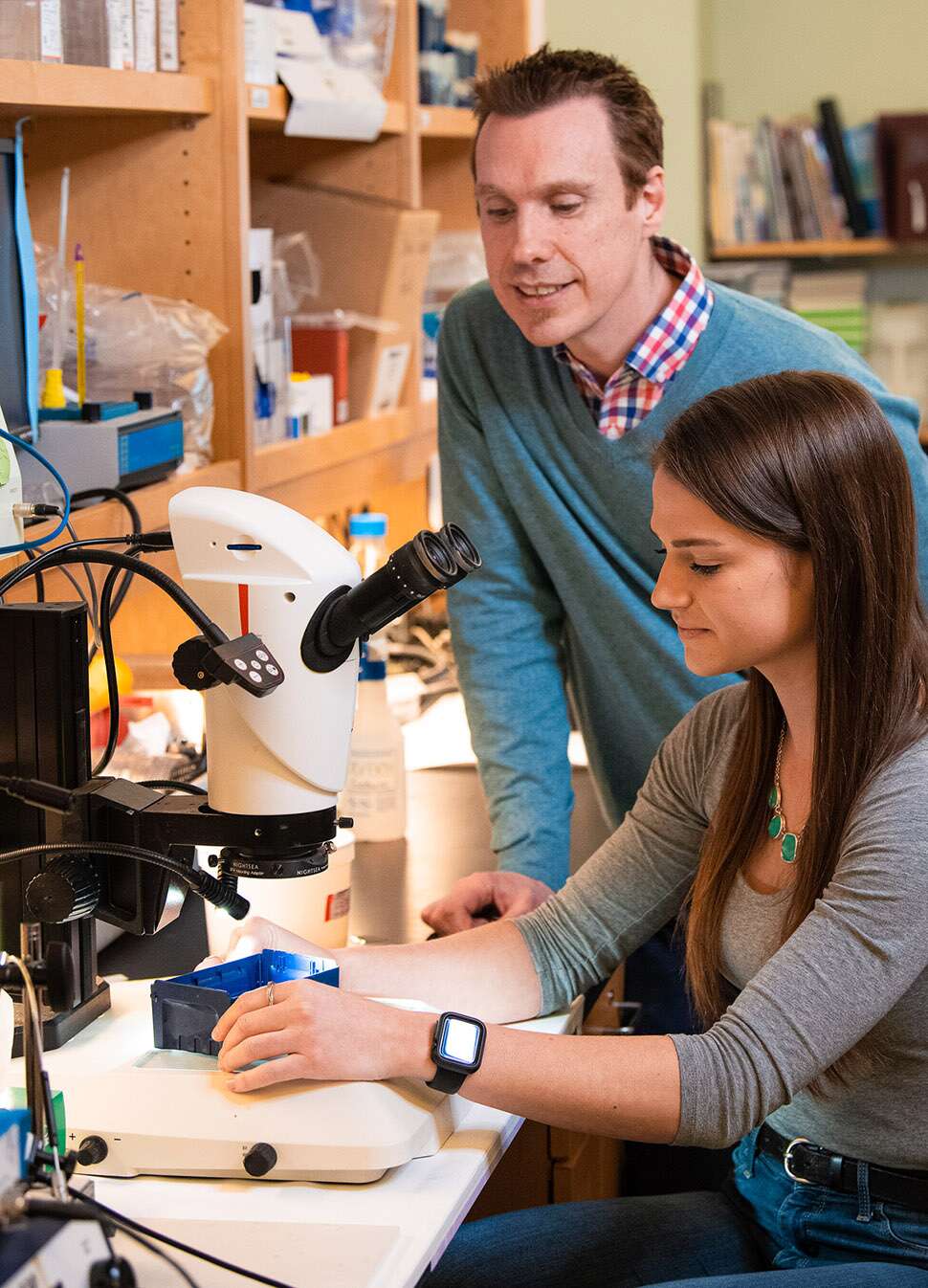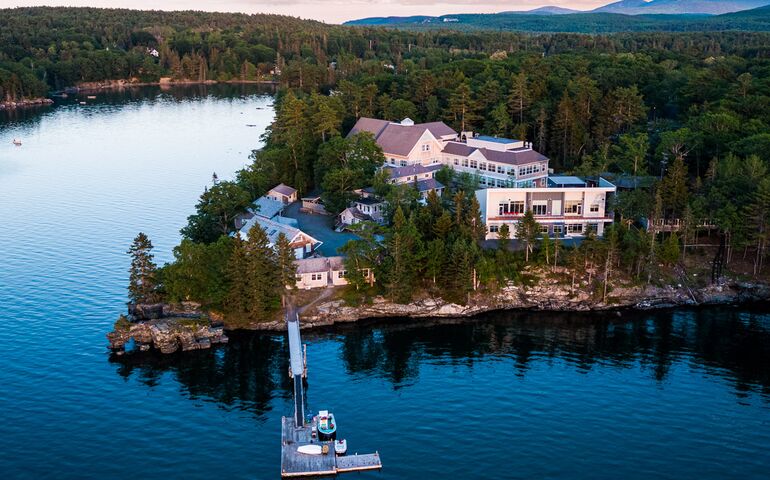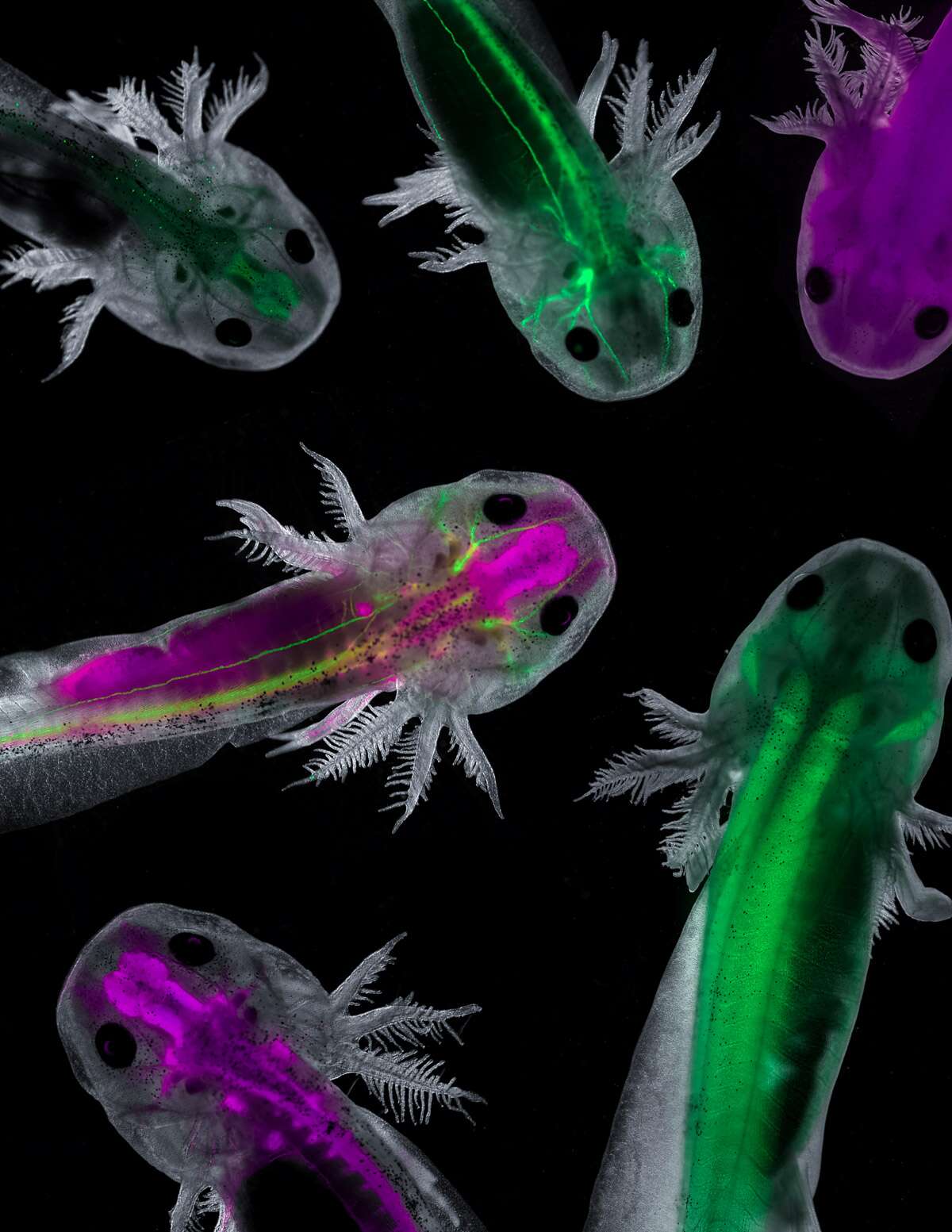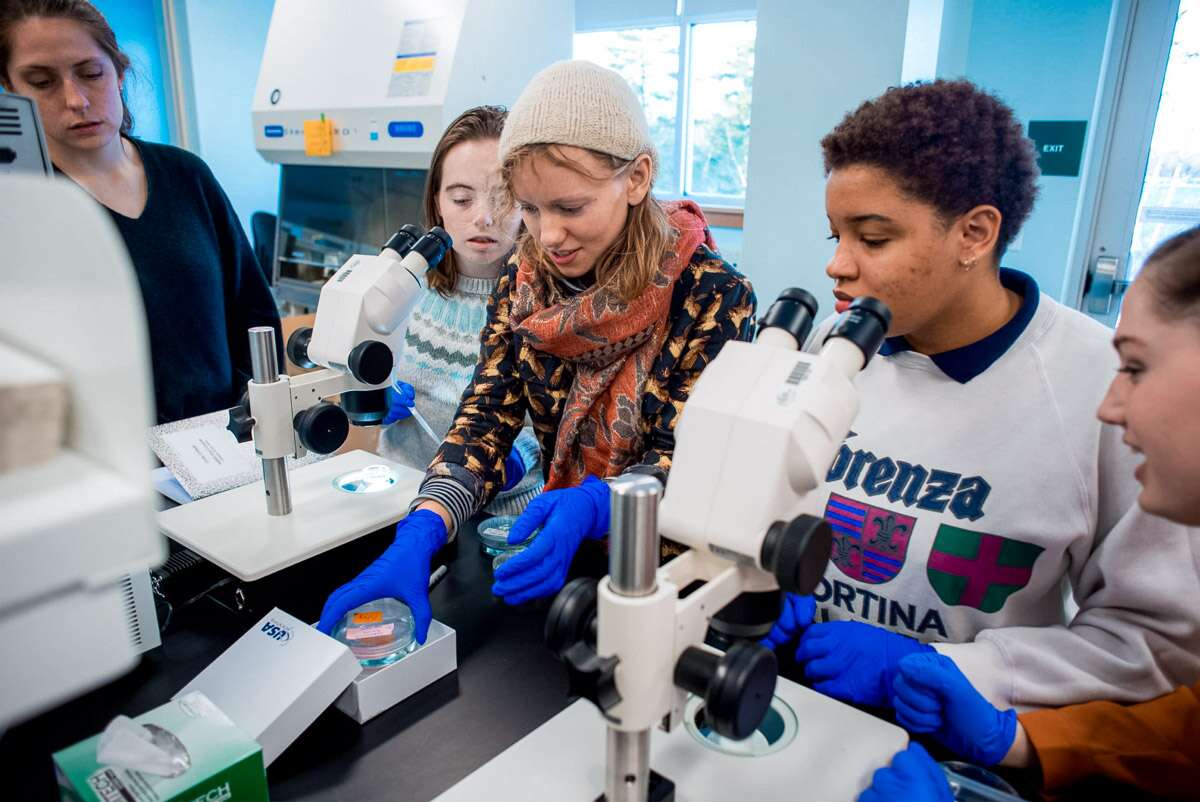
Processing Your Payment
Please do not leave this page until complete. This can take a few moments.
MDI Biological Laboratory: 125 Years of Discovery
 PHOTO courtesy of MDI Biological Laboratory
MDI Bio Lab was founded in 1898 as a summer school for biology students. Today, we’re an independent, year-round, international hub for the science of regeneration and aging.
PHOTO courtesy of MDI Biological Laboratory
MDI Bio Lab was founded in 1898 as a summer school for biology students. Today, we’re an independent, year-round, international hub for the science of regeneration and aging.
Since 1898, innovative scientists and their students have gathered on the seaside campus of MDI Biological Laboratory to pursue their most passionate interests in animal and human biology.
Today we’re a collaborative consortium of international scientists pushing the boundaries of regenerative medicine and aging research. We are a nonprofit, and we are immersed in basic research on still-unsolved questions about the fundamental mechanics of life.
We are designing and using powerful biotech tools to accelerate the pace of discovery and the development of real-world applications. That’s put us on the leading edge of a modern biomedical revolution that’s poised to significantly improve human health.
“This is an inflection point in scientific history, and in ours,” says the institute’s President, HermannHaller, M.D. “At the MDI Bio Lab, our international team of research faculty, students and staff are building the scientific foundations of a future when we can be confident not only of a longer life, but a better one.”
We are collaborating to enhance our lives by cracking nature’s codes:
- Slowing down the aging process and the onset of its associated diseases
- Combatting environmental stresses that make us susceptible to cancers and decline
- Regenerating damaged cells, tissues, organs and limbs
And MDI Bio Lab is doing its part to help grow the high-paying biomedical sector in Maine. We lead a statewide collaborative network of 14 research and education institutions that share faculty and scientific infrastructure for training the next generation of scientific leaders. Hundreds of students — from high schoolers to post-docs — gain research experience on our campus each year, learning essential skills needed to join the bioscience workforce of the future.
We are directly creating new jobs ourselves. Ten years ago, MDI Bio Lab employed 73 people. Last year that number was 113, and it is still rising. In the same period, we expanded the number of research groups here to 11 and we are on a path to add four more. Our cadre of scientists (many from Maine and the U.S., and many from abroad) is reaching new levels of understanding about how to regenerate limbs, tissue and organs, and how to slow the onset of age-related disease.
They occupy a special niche in the world of biomedical research, working with non-traditional animal models for human health: axolotl salamanders, which can regenerate their limbs, tails, organs and even their brains; African Turquoise Killifish, whose short lifespans make them ideal for aging studies; and zebrafish, whose partial transparency makes them a superb subject for inquiries with our state-of-the-art 3D microscopes.

Bioscience Jobs for Talent from Maine and Abroad
Growing up in rural Dover-Foxcroft, Maine, Gabriela Johnson never imagined her fascination with axolotl salamanders would lead her to a science career in Bar Harbor. Now a Ph.D. candidate in the lab of MDI Bio Lab scientist (and Australia native) James Godwin, Ph.D., Johnson is developing new tools for understanding the cellular and genetic mechanics of regeneration, knowledge that could help improve our ability to heal from disease and injury.
“I love that MDI Bio Lab is a small community,” Johnson said. “You can share ideas, get a lot of feedback and learn about different aspects of regeneration and aging. Everyone is very accessible and open. It’s one benefit of being a small organization. Even as we’re expanding, we remain a tight-knit community.”
MDI Biological Laboratory is also breaking new ground in the emerging biotechnology field of “organoids” — three-dimensional, lab-grown tissues that mimic the functions of human organs. We specialize in growing kidney organoids derived from human cells, and we were one of the first in the U.S. to develop training workshops for their development which are attended by researchers from Maine and around the world.
Creating Advanced Tools to Improve Human Health
“Right now, chronic kidney disease affects a very large part of the population, 30 million people, and there’s no way to reverse or cure it,” said Cory Johnson, Ph.D. (no relation to Gabriela), a graduate of the University of Maine’s biomedical science program who is doing post-doctoral research with organoids at MDI Bio Lab.
“Kidney organoids offer an opportunity for true therapeutic potential,” he adds. “If we’re able to build a kidney that is fully functional outside the body, then we have no more need for human donors.”
Experiments by Cory Johnson and others at MDI Bio Lab are addressing a key problem — how to get kidney organoids to grow near and attach to blood vessels for oxygenation and other vascular services.
The goal of growing a fully-functioning kidney organoid is years away, they note. In the meantime, our new subsidiary, MDI Bioscience, is working towards shorter-term goals for “translational science” — applying knowledge and tools created by academic researchers to develop real-world therapies and drugs to improve human health.
MDI Bioscience is leveraging our work with zebrafish, C. elegans roundworms and computerized modeling to provide drug discovery and screening systems that can be more efficient than mammalian models. It’s building out a new facility on campus now, which will be able to run high-throughput screening systems powered by big-data analytics.

A Long History of Discovery, Downeast
It’s a lot of exciting, cutting-edge biomedical advancement happening on our little campus, tucked away in Bar Harbor’s Salisbury Cove.
In its first century, the nonprofit laboratory operated much like a summer-camp where high-level research biologists and their families could rusticate on Mt. Desert Island, with cottages, lab benches and species-rich Frenchman Bay on hand.
Nobel Prize winners, accomplished biologists and doctors from famed research institutes such as Tufts, Harvard, Yale and beyond rubbed shoulders and exchanged ideas within the Lab’s informal culture and inspiring natural environment.
Their science was rigorous, and they discovered basic biological truths that led to valuable treatments for liver disease, glaucoma and cancer, and made fundamental advances in scientific understanding of the kidney’s complex functions.
Around 2000, MDI Bio Lab started hiring full-time, year-round scientific staff. Renovations followed, along with the construction of modern training facilities, laboratories and state-of-the-art scientific infrastructure.
Over that period, we’ve won more than $150 million in federal research awards, making us the third biggest recipient of National Institutes of Health (NIH) funding in the state. That’s helped us to grow our number of research groups, develop new training and invest in the game-changing biotech of the era: automated gene-editing systems such as CRISPR, a big-data bioinformatics processing core, and 3D, light-sheet microscopy that is best in its class in the nation — all of it available for research by students and scientists around Maine.
MDI Bio Lab’s 125th birthday comes at the dawn of a new era in biomedical discovery, and we are laying groundwork for a new decade of growth — new research groups, expanded training programs for graduate students from around Maine and the world, and continued development of new biotech tools.
“Our stunning coastal campus fosters a deep appreciation for the beauty and complexity of nature and nurtures a uniquely inspiring scientific ecosystem,” said Haller. “It’s a place where some of the best scientific minds of the day find refuge, share ideas, challenge conventional thinking and pursue answers to our most pressing questions about how to improve human health.”



